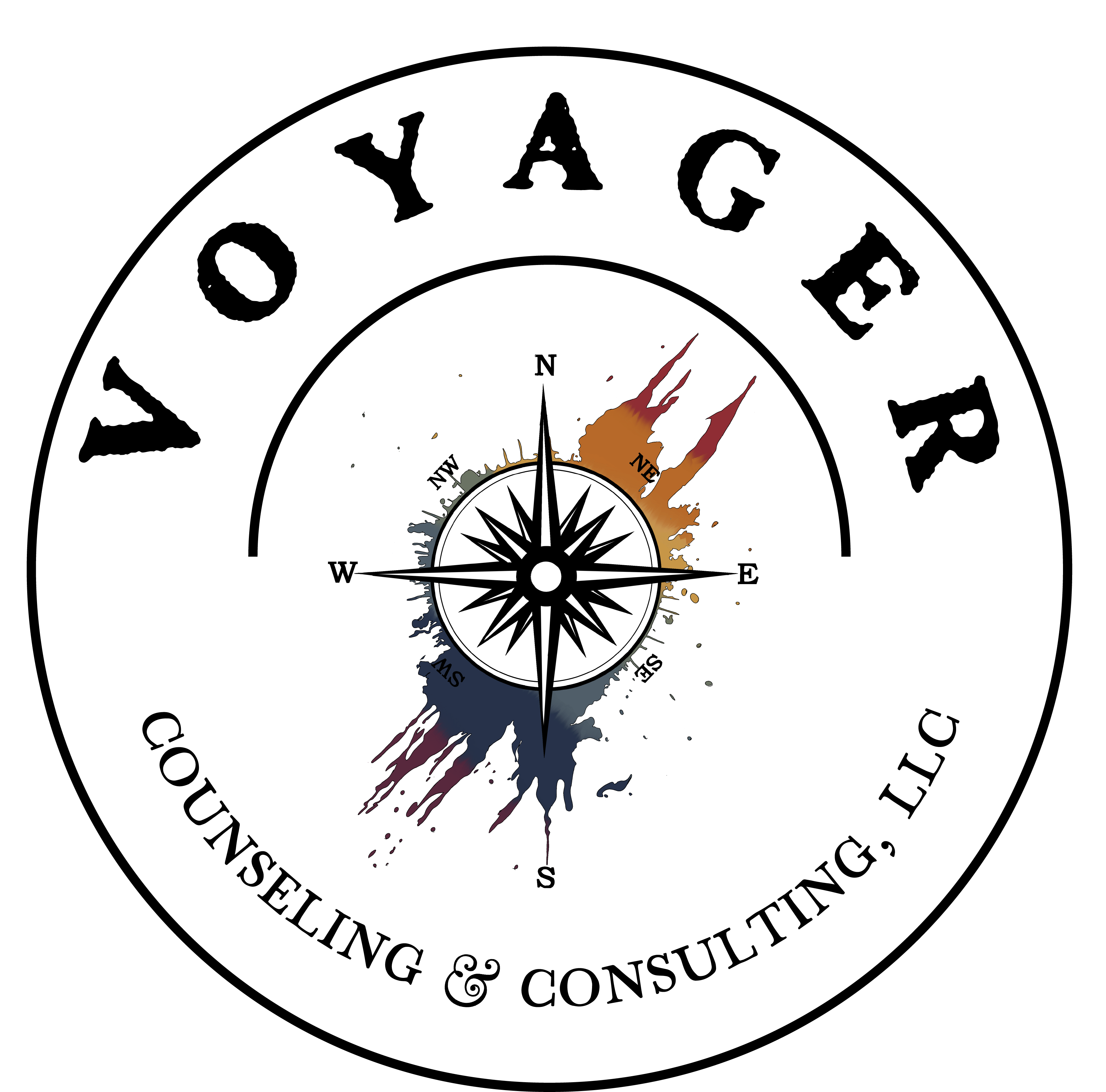
What is Child Centered Play Therapy Anyway? And why should I take my child to play therapy? Don’t they need to talk about their feelings?
Think about a time your child has struggled with emotional regulation. Maybe there were tears, a tantrum, screaming, or throwing things. Most likely though, when you asked what was wrong, your child didn’t have much of a verbal response
That reaction to an adult can be so frustrating. How are we supposed to help our children if they can’t *tell* us how they are feeling?
The reaction makes more sense if you look at how children process. Children are emotional where adults are cognitive. Children don’t have a developed enough frontal lobe or vocabulary to accurately process feelings cognitively. Simply put – our kids live in their hearts while we live in our heads.
Now think about when you watch your child with another child around their age. They communicate through play, toys, and acting things out. This is a child’s natural way of interacting with and making sense of the world.
Play therapy harnesses a child’s natural language – toys – and their natural way of communicating – play – to connect, build confidence, and create a safe place for them to express their thoughts and feelings. Play therapy uses toys, art, games, and more to engage children in their most natural element.
Non-directive child-centered play therapy allows the child to build confidence in their control over their environment and themselves, increasing self-regulation, self-control, and self-confidence. Meanwhile the therapist provides support, encouragement, and helps them increase the vocabulary needed to grow in their communication with the world – and you.
